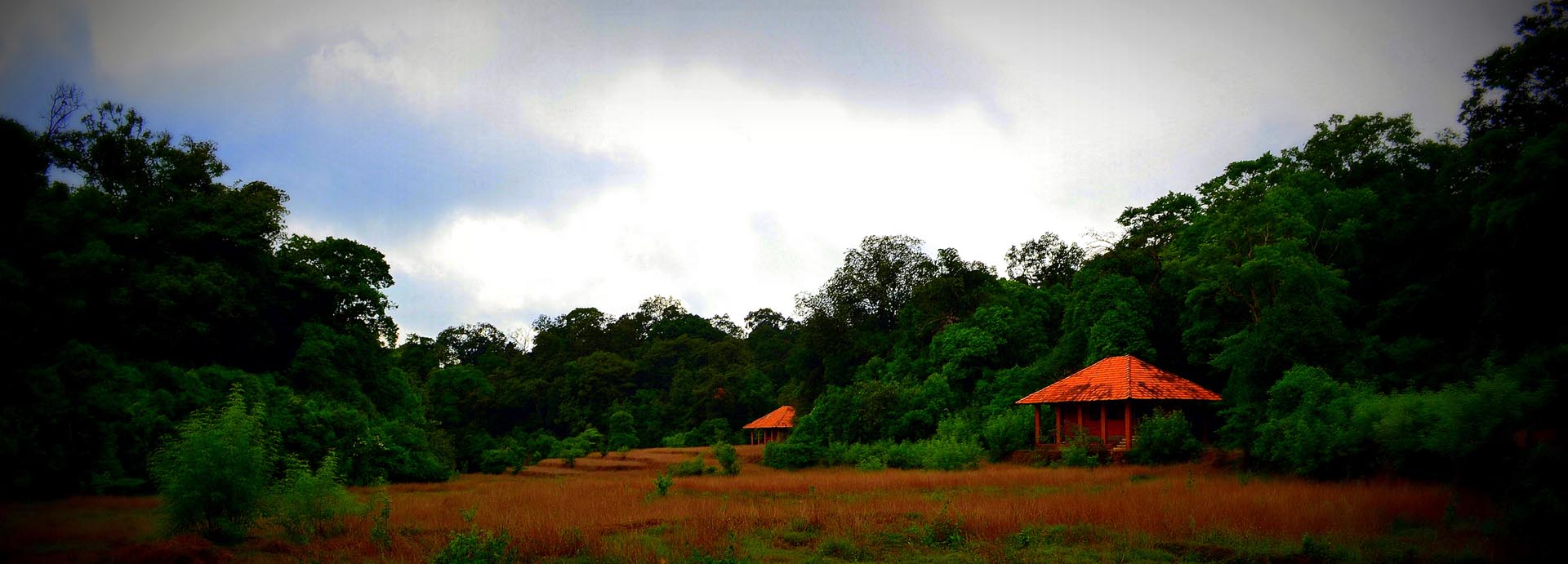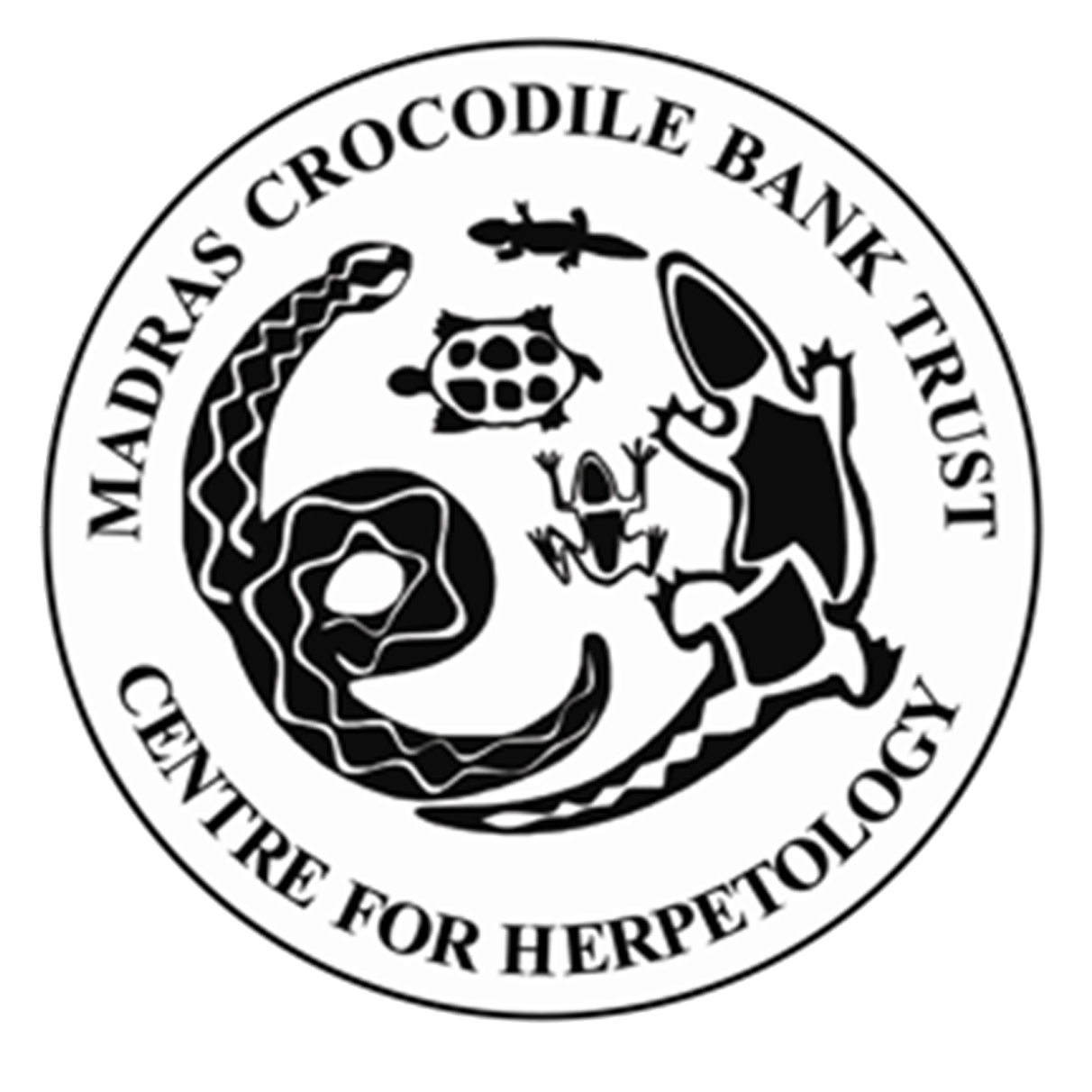Agumbe Rainforest Research Station (ARRS) is a permanent field station of the Madras Crocodile Bank Trust, located on a 4.5 acre site, in the middle of Someshwara Wildlife Sanctuary and Agumbe Reserve Forest; approximately 1.5 km from Agumbe village, in Shimoga District of Karnataka. ARRS was founded by renowned herpetologist Romulus Whitaker in 2005, with the financial support of the late Doris Norden Chattopadhyaya and the Whitley Fund for Nature with the long term mission to study and conserve rainforests through applied ecological research, outreach programs and partnerships. ARRS employs a staff of 10. The administration and research team comprises of 4 people, while there are 6 employees from the local community.

ARRS HISTORY
In the past years ARRS has initiated and hosted studies on a wide variety of wildlife and ecology-related subjects, notably the groundbreaking King Cobra Telemetry Project, which is the first of its kind in India. ARRS also has affiliations with a number of scientists and conservationists from organizations worldwide, as the organization always aims to further the cause of research and conservation through its unique field station.
Situated at an elevation of 650 meters within Central Western Ghats, Agumbe has a distinctive tract of tropical moist evergreen forest contiguous with Kudremukh National Park. After nearly a century of selective logging, the forests around Agumbe, drenched by an average of 7,500 mm of rain each monsoon, have regenerated over the past 35 years and are now teeming with life. At ARRS we have to date recorded 32 mammals, 45 reptiles, 31 amphibians, 202 birds, 130 butterflies and numerous plant species.
ARRS is an ideal location for a wide variety of research, ranging from rainforest ecology, behavioral and population ecology, hydrology, phenology, canopy studies, geo-informatics and socio economics. The local community at Agumbe relies largely on the forest for livelihoods, and the villagers are repositories of traditional ecological knowledge. This provides for a wide range of social science research, and it also cements the local communities’ important involvement in field research at ARRS. At ARRS we believe that efforts towards conservation and sustainability can be furthered successfully through education, where science can be taught through creativity and imagination. With this in mind ARRS strives to be a research base that works closely with scientists, students and the local community towards effective research and conservation of the rainforest.
Agumbe is one of the most scenic hill stations in Karnataka. The major attractions for visitors are waterfalls, the spectacular sunset and forest trails famous among trekkers. Agumbe has one of the highest rainfalls in the world.
Many episodes of one of the most popular television serial Malgudi Days directed by Shankar Nag, based on R.K Narayan’s novel were filmed in Agumbe.
It is approximately 55 km from the Arabian Sea. As part of the Western Ghats mountain range, Agumbe lies in a UNESCO World Heritage Site and holds one of the last surviving low-land rainforests of India. It is adjacent to the Someshwara Wildlife Sanctuary and the Kudremukh National Park. A Medicinal Plants Conservation Area (MPCA) was established in 1999 to protect the important medicinal plants of the region.


